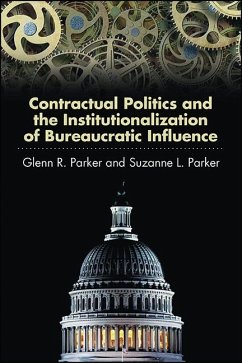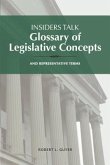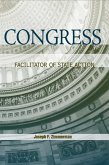This book sheds light on the dealings between special interests and political parties by challenging three long-standing assumptions: that transactions between interest groups and parties are quid pro quo exchanges, such as the buying and selling of legislation; that the interrelationship between bureaucrats and interest groups is accommodating and friendly; and that special interests are single-minded in their pursuit of favorable policies, specifically legislation and regulations. The authors argue that political transactions are organized through durable informal agreements between interest groups and political parties, whereby parties obtain a dependable source of long-term campaign funds, and interest groups gain enduring favorable treatment in the political process. In response to interest group demands, legislatures such as Congress establish quasi-governmental appendages to federal agencies that oversee the administration of programs prized by special interests-namely, federal advisory committees. The authors examine the complex relationship between the establishment and influence of thousands of federal advisory committees and long-term interest group contributions to political parties.
Dieser Download kann aus rechtlichen Gründen nur mit Rechnungsadresse in A, D ausgeliefert werden.









